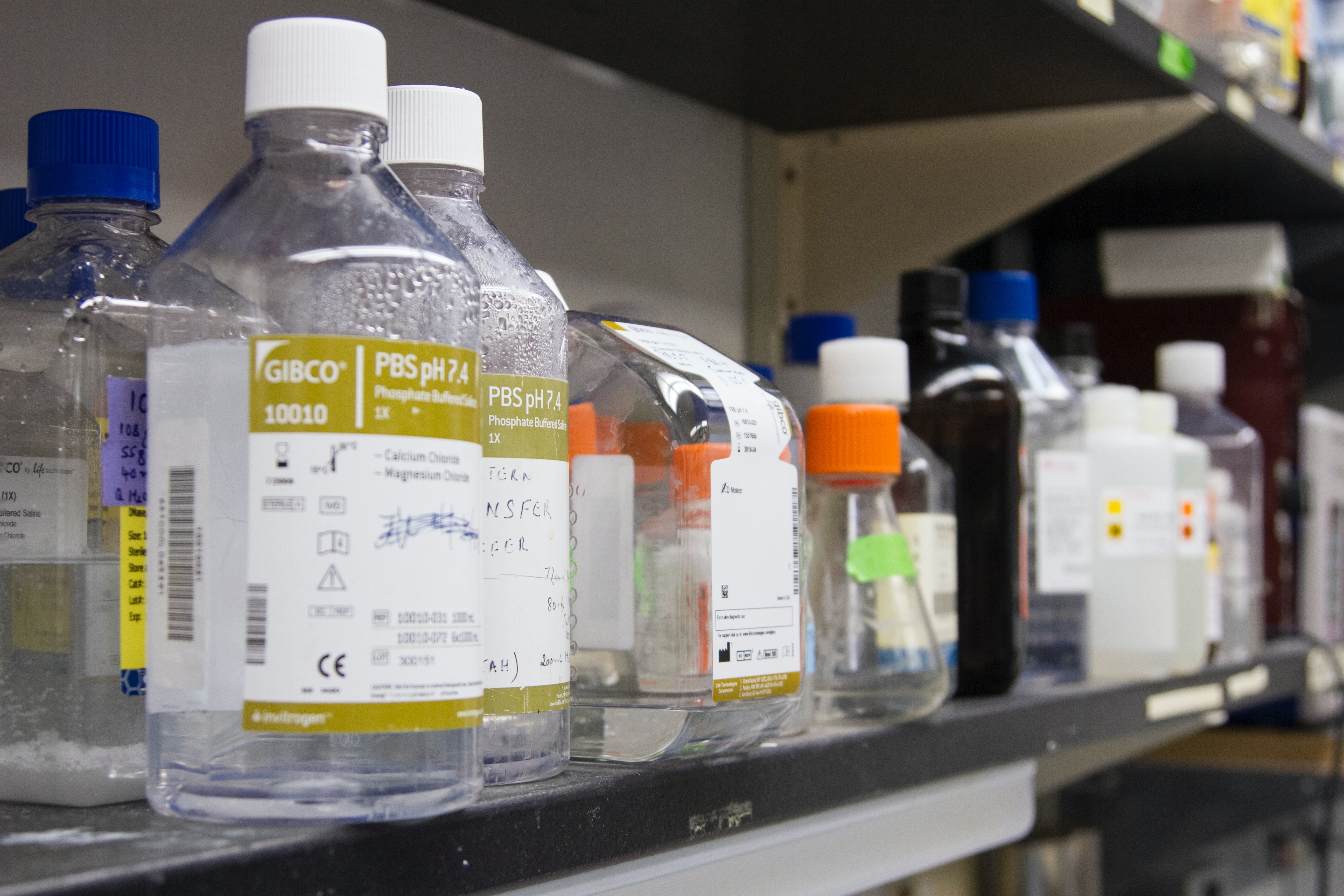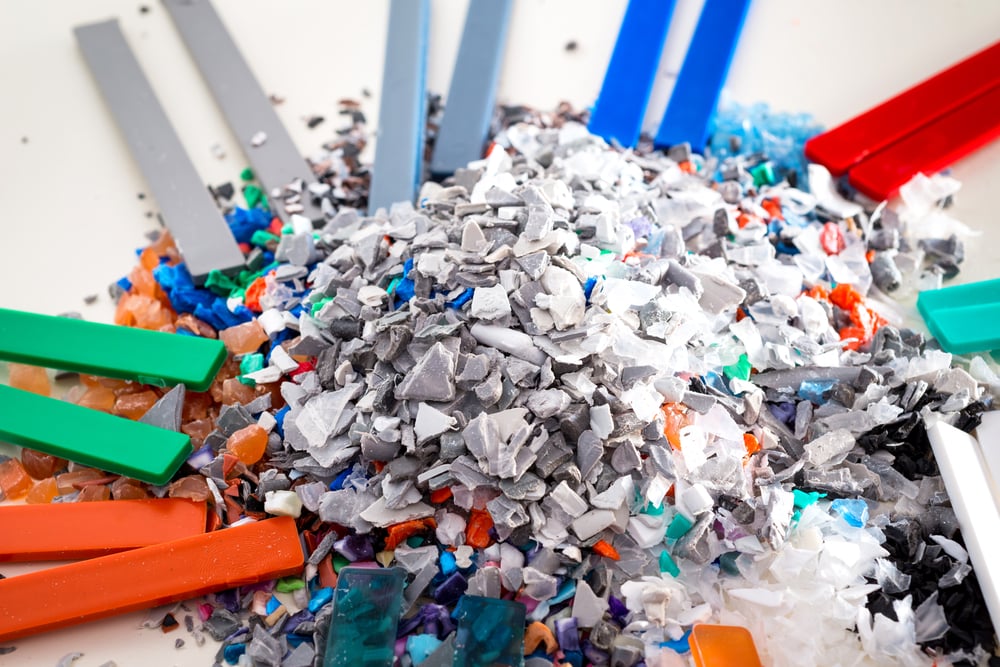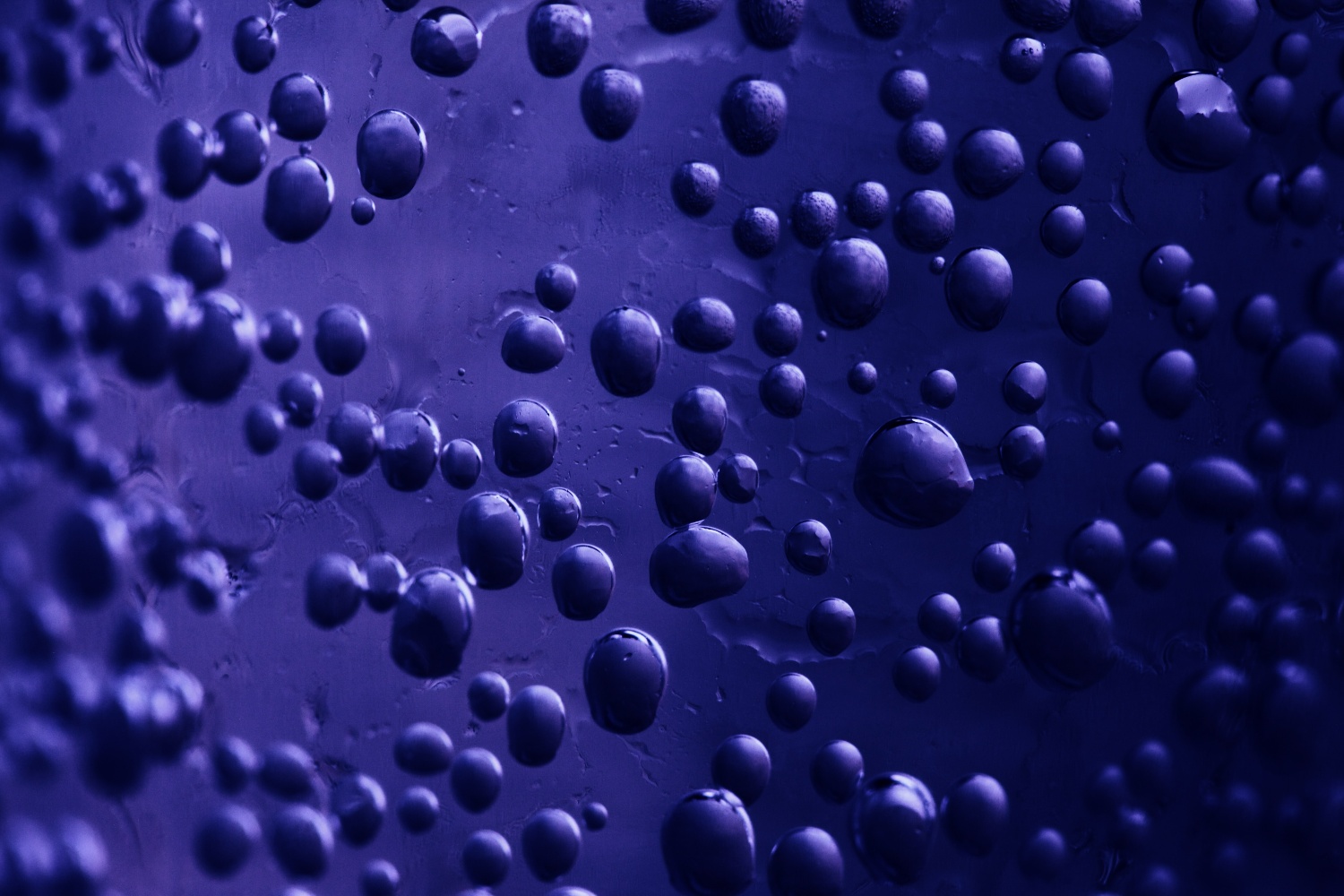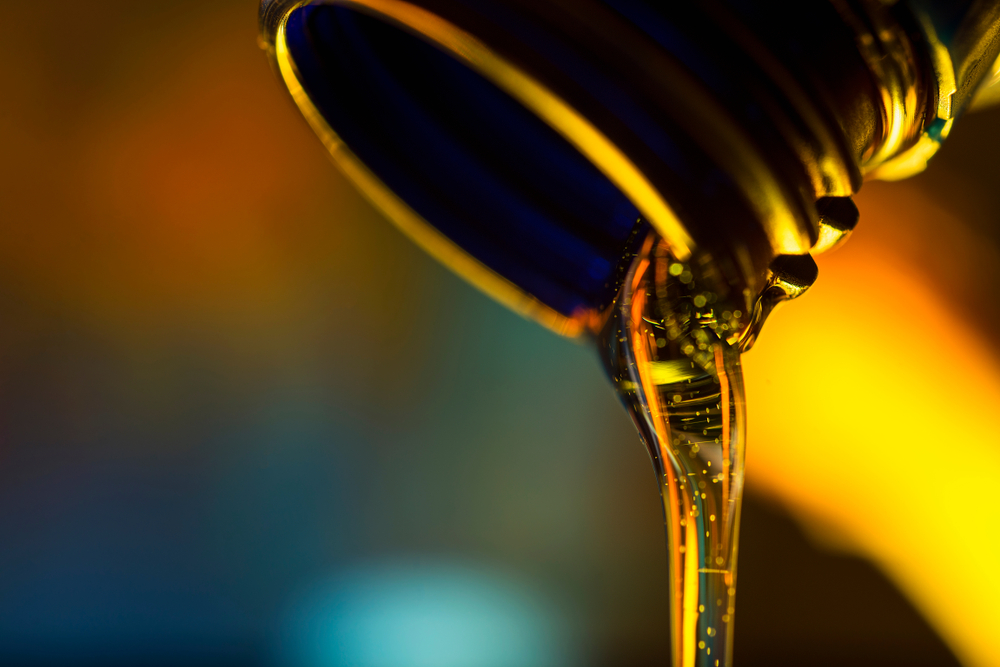Plasticizers - Do You Know the Facts?
What Are Plasticizers? When you are working with different materials, it can seem like the materials are just magically what you need. However, many...

The earliest versions of drugs were created by extracting substances from herbs and other plants. As knowledge and technology in chemistry continued to develop, scientists learned to isolate and extract even more individual compounds from raw materials. The complex processes that produce these simple, pure substances make up the field of fine chemistry.
The chemical industry is divided into branches, with fine chemicals acting as the smallest segment of them. Its partners are commodities and specialty chemicals. Commodity chemicals are those that are mass produced on a large scale in order to supply global markets. They consist of general compounds that are the same from supplier to supplier. Specialty chemicals often are sold as brand name products and are marketed for their unique qualities and their abilities to perform functions that other chemicals cannot. They are made up of one or more fine chemicals.
Synthesizing fine chemicals usually involve several steps in small batches. The goal is to produce the pure product that a customer needs. Taking the utmost care helps to ensure that the goal is obtained. Because of the very involved processes, the specialized equipment, and the necessary expert skills, fine chemical products can be very expensive.
Many of the products that people use every day include ingredients that contain fine chemicals. Almost anyone who has taken medication, eaten a processed foods, exterminated insects in a home or a garden has used fine chemicals.
The fine chemical industry began properly in the 1970s with a demand for effective pharmaceuticals. However, their history actually dates even further back than that. Around the time of World War I, Germany cut the supply of medicines and other chemicals to the United States. This created a demand for such products, and - in true American spirit - the field of chemistry flourished with innovation and growth.
Fine chemistry deals with isolating or synthesizing pure chemicals. They are scientifically derived to function as ingredients in more complex specialty chemicals.
Producing fine chemicals is uniquely specialized. Because of this, fine chemistry cannot happen on a large-scale basis. Consequently, the prices of these materials tend to be high.
Some processes that are sometimes produce fine chemicals are chemical synthesis, biotechnology, extraction, hydrolysis.
Chemical synthesis uses a process of one or more chemical reactions that change raw materials or other chemicals into a product or multiple products. Chemical synthesis has helped chemists learn the physical and biological properties of many compounds.
Biotechnology is the field of using organisms or their life processes to create technologies that make our health and our world better. There are three areas of biotechnology. These are biocatalysis, biosynthesis, and cell culture technology.
Extraction involves isolating and purifying products from animals and plants. Some of these products might be alkaloids, antibacterials, steroids, proteins hormones, and polysaccharides. These are all useful in making pharmaceuticals, foods, and cosmetics
Hydrolysis is a chemical process that uses water to break a chemical compound bond. It is used in the production of fine chemicals to break down proteins into amino acids using heat as a catalyst.
Once fine chemicals are isolated from or synthesized using other materials, these genuine high-quality products then go on to be used in many different industries. They can be combined with other substances to form the ingredients of specialty chemicals. They may end up becoming food flavors, agricultural insecticides, resins, liquid crystals for TV, and more. However, the most prevalent function of fine chemicals is as active pharmaceutical ingredients (API); that is, they are what makes medicines effective.
The products that come from the synthesis of fine chemicals are classified by the way that they are sold. They may belong to either the exclusive category or the standard category.
Exclusive fine chemicals are those that are custom manufactured for a proprietary product. Companies who commission these exclusive products sometimes are the only ones who know exactly how they are used. These tend to be the most expensive and limited in production.
The fine chemicals that are considered standard products are those that can be derived and sold to multiple customers. These can include chemicals which once were exclusive but no longer are - an example of this is generic forms of medication whose patent has expired.
Because of the rigorous production standards and extensive equipment needed for even just small batches of fine chemicals, many companies choose to outsource the manufacturing of fine chemicals that will act as their active ingredients.
Common necessary equipment might include industrial mixers and reaction vessels.
Many chemical companies also strive for certifications like ISO 9001, NACD verification, EFCG in Europe, or other similar standards verification bodies. This helps their customers to have trust in the products that they are receiving.
Producing fine chemicals is a specialized industry for many reasons:

What Are Plasticizers? When you are working with different materials, it can seem like the materials are just magically what you need. However, many...

Viscosity is just one example of the engineering terms that applies to many other types of jobs, and is evident in everyday life. By definition,...

What Is Viscosity? Viscosity is essentially a numerical value that can explain a fluid’s resistance to flow. It’s sort of like how much friction...